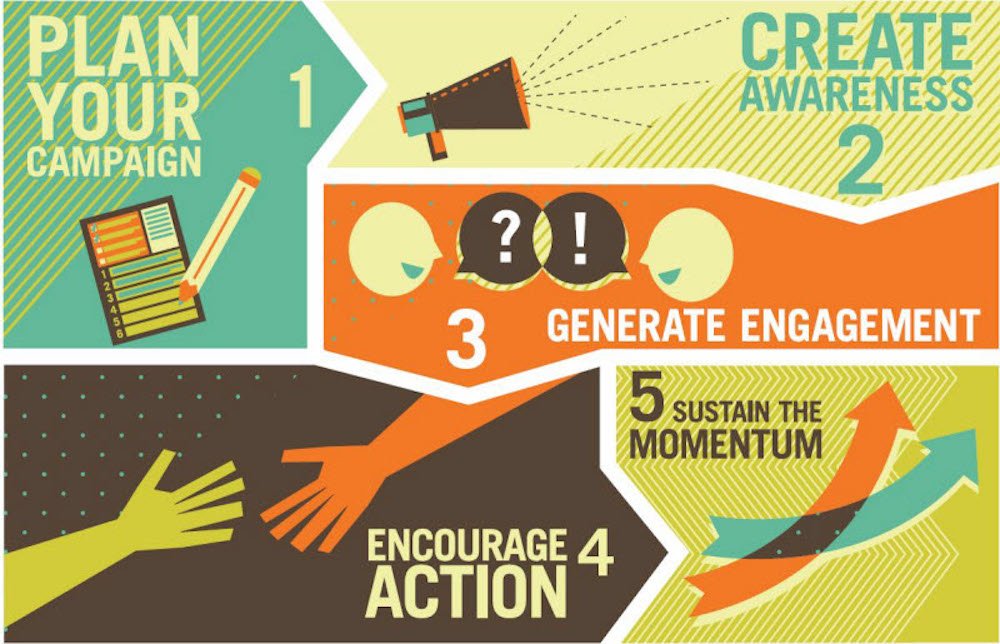
Advocacy
Voter’s Guide to Paterson’s School Board Elections
Paterson Children Need Your Vote!
See our Voter’s Guide to find out about many of the candidates. Being informed is important because our children cannot vote, but we can!
Please click on the link below for our Voter’s Guide in both English and Spanish.
School Funding
Why We Care About School Funding
It seems like a no-brainer. It is to everyone’s benefit to have our children educated for active participation in our communities, our economy and our democracy. So why are we in a 50+ year battle for quality schools in all our communities across this nation?
We’ve successfully outlawed outright racial discrimination in schools through the courts in Brown v Board of Education. But we’re mired in a continuing battle in New Jersey to bring quality education to all our schools with sufficient resources for all our children. Research tells us that poor children, children with disabilities and English language learners require more supports to learn at high levels. In New Jersey , it has required a series of state Supreme Court rulings starting in 1985 called Abbott v. Burke to shape and reshape education — especially for New Jersey’s poorest kids.
Abbott v. Burke…
The state Supreme Court’s landmark school-equity rulings starting in 1985, referred to in shorthand as “Abbott,” as in Abbott district or Abbott school. Actually a series of decisions made over the past 30 years, Abbott remains the centerpiece of how the state funds its urban and suburban schools, including Paterson. Abbott’s core principle is to ensure that schools in 31 of the New Jersey’s poorest communities receive the “thorough and efficient” system of education guaranteed by the state constitution. It was Abbott that led to universal preschool in the state’s poorest districts, the state’s massive school construction and renovation program, and the addition of extra programs and funding for the disadvantaged initiatives in and outside Abbott schools.
…and the School Funding Reform Act of 2008 [SFRA]
In 2009, the court ruled as part of its Abbott v. Burke deliberations that the state’s existing school funding formula met its constitutional standards under Abbott, and then two years later in 2011, ordered that Gov. Chris Christie and the Legislature had to provide an additional $477 million to Abbott districts to meet the provisions of the funding law.
Attempts to change the SFRA
Governor Christie remains hostile to the Abbott decision, and the governor has vowed to remake the state Supreme Court and ultimately reverse its decrees, including Abbott and the SFRA.
Remain vigilant.
In order to change the School Funding Reform Act, the Governor must convince the legislators to pass new laws. Join PEF and our allies, the Education Law Center, Parent Education Organizing Council, and Save Our Schools NJ in supporting, monitoring, and advocating for All our children.
Ask the Right Question
Learn how to ask the right questions and get the results you need!
Learn to use questions to start a discussion!
Asking the right questions is the simplest, most powerful strategy available for helping people learn to advocate for themselves and their children, participate in decisions that affect them, and partner with schools.
PEF’s Right Question Project workshop helps Paterson parents develop their own list of questions. With these questions, parents can effectively support, monitor, and advocate for their children’s education. Workshop participants also learn how to set priorities and focus on a particular issue so that we get our questions answered.
Here are some of the questions that workshop participants are asking:
How do I know if my child is getting everything he or she needs?
What does my son need to get into college?
What does my son need to get into college?
How can I tell if my child is on the college track?
What does my son need to get into college?
Once you learn the Right Question Project strategy, you can use it to navigate any system, including education, health systems, and any public agency. Workshop participants have even reported using the strategy in the court system.
PEF will bring the workshop to you! We have a group of parents who have been trained to lead the workshops. We will go wherever parents are gathered – churches, community centers, mosques, non-profit organizations, schools, etc. The more parents that are using the strategy to support, monitor, and advocate for better student outcomes, the better it gets for all Paterson children. We also offer training if you are interested in leading the workshops for other parents.
Call Rosie Grant for additional information at (973) 881-8914.
Key Education Questions for Elected Officials
Top 10 Education Questions for Elected Officials
Elected officials are responsible for many important decisions that impact public education. Below are the top 10 questions you can ask to learn where they stand on critical issues that impact all public schools.
What are your top priorities for improving public education?
What will you do to improve the quality of public schools?
What is your plan to provide adequate funding for all public schools?
How will you support the goal of high achievement for every student? How will you engage the community and help schools engage the community to improve our public schools?
What do you believe schools should do to better prepare students with the skills and knowledge they need to succeed in higher education, work, and life?
What do you believe are the best ways to evaluate school and student performance?
What is your position on the federal No Child Left Behind Act?
How would you help schools recruit and retain highly qualified teachers?
What resources and services, beyond academics, do you believe schools and the community should provide to support student well-being and achievement?
How to Use These Questions
How can you use and get answers to these and other questions? There are a number of ways to communicate with elected officials and candidates to learn where they stand on important social issues like public education. Here are just a few:
Attend a public meeting. Bring these and other questions to a local debate, forum, or town hall meeting where elected officials and candidates are present.
Send a letter or email. Elected officials want to hear from their constituents, and mail is still one of the most popular ways to make your voice heard. Use these questions as the basis of a letter to your elected official and encourage others to do the same. Save a copy for yourself and follow up with a phone call.
Write your paper. Write a letter to the editor of your local newspaper and ask to include these questions in interviews with elected officials and candidates. Thank your paper for covering the critical issues, like public education, that the community cares about.
Use the Web. Many elected officials and candidates have official websites that post information about their priorities and allow constituents to submit inquiries via mail. Use these questions in an email to your elected officials and candidates.
Talk with your neighbors. Bring these questions to a community meeting or other public gathering. Discussions around these questions can help stimulate ongoing dialogue about what the community wants and expects from public schools.
Our Statewide and National Advocacy Partners
Key Partners Doing Great Work!
PEF could not carry out its work without great partners. Here are our key statewide and national advocacy partners in moving Paterson children forward.





